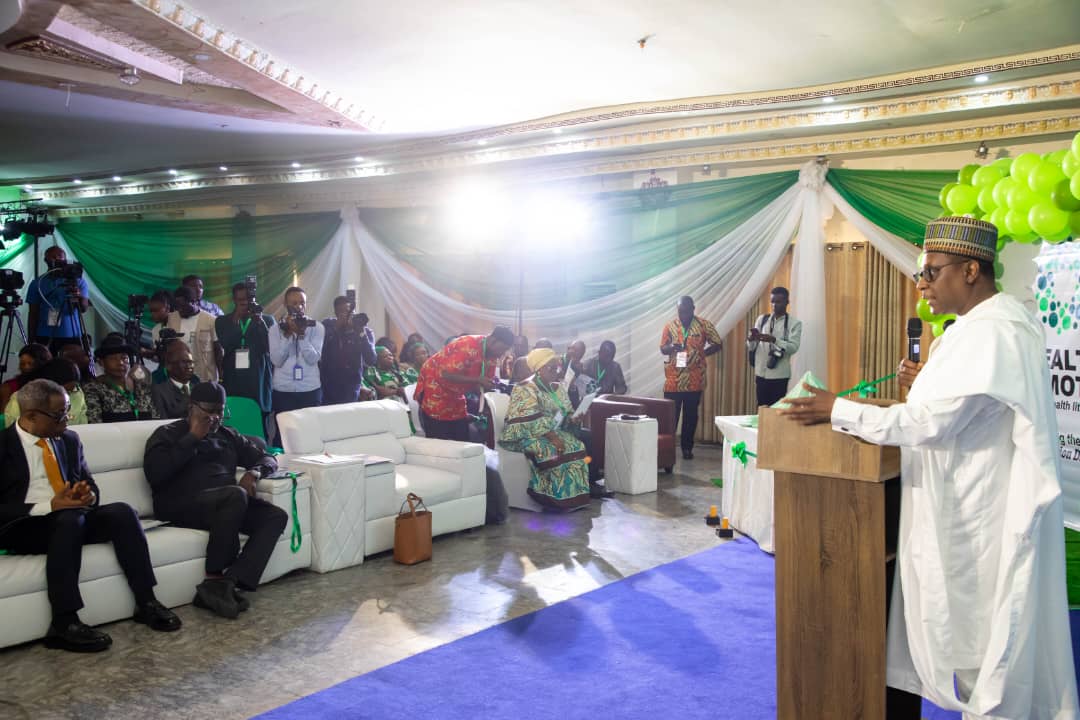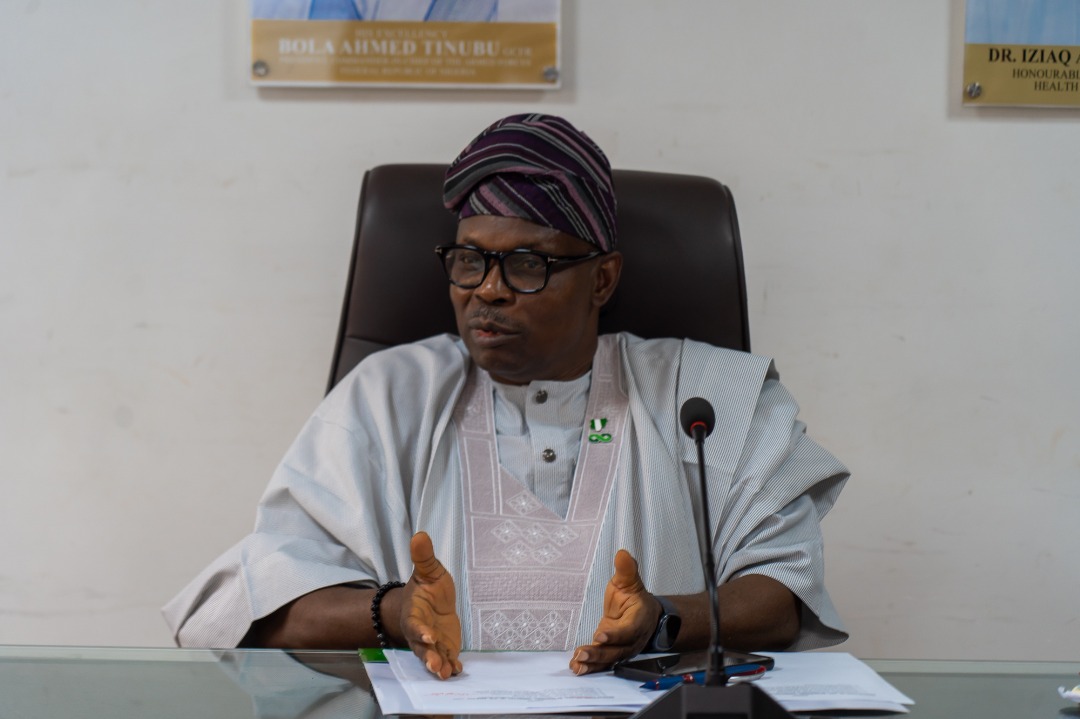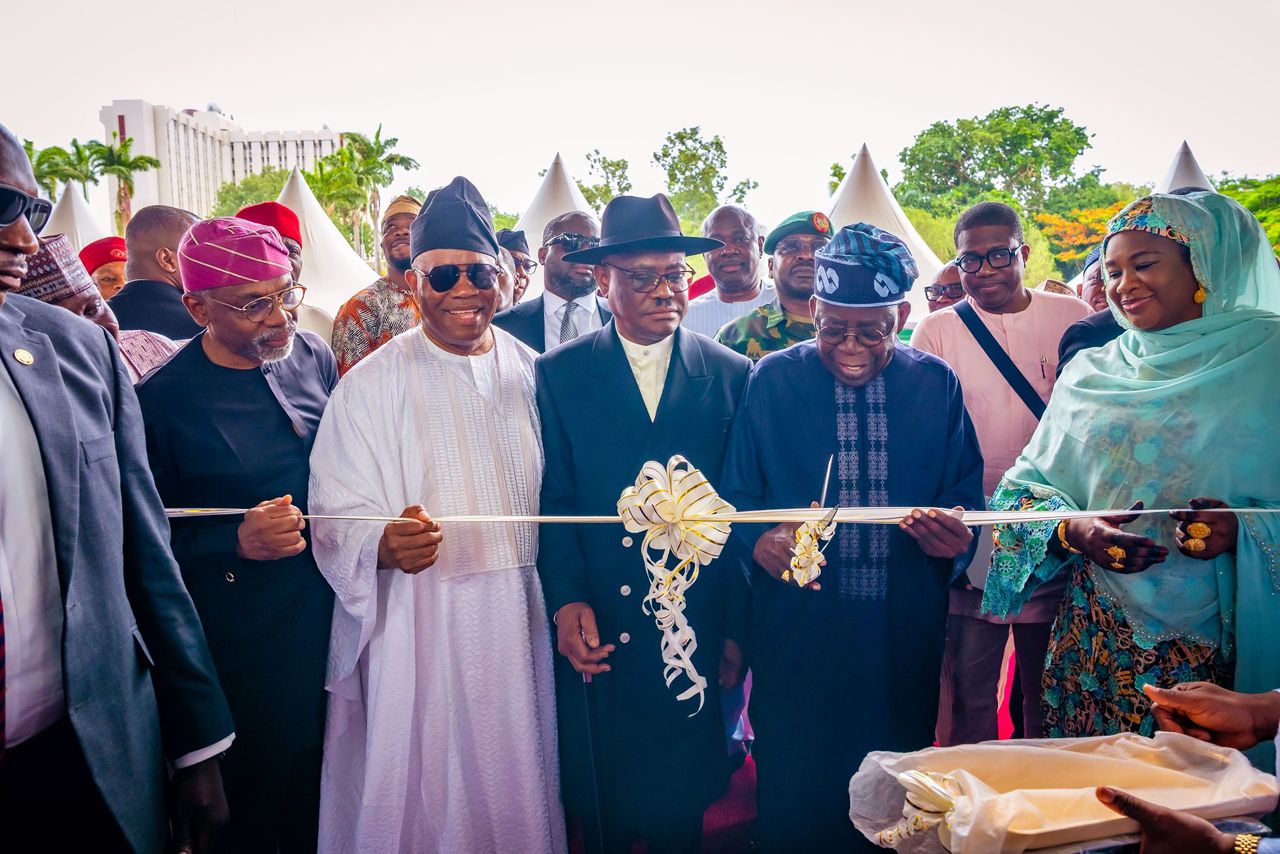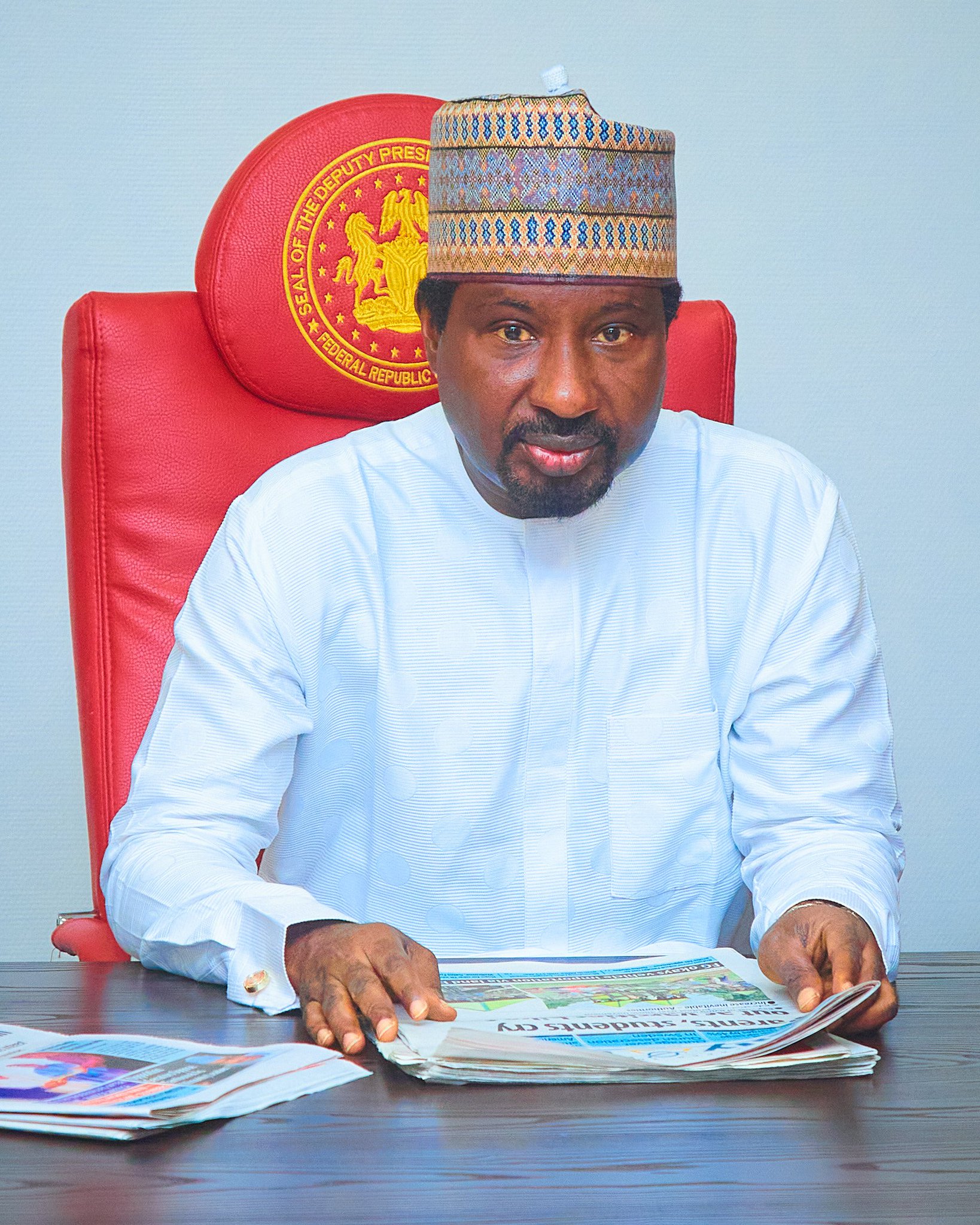
The Senate on Thursday erupted into an intense and impassioned debate as lawmakers considered a sweeping amendment to the Nigerian Army University, Biu (Establishment) Act, pushing forward a reform package many described as essential to modernising the institution and aligning it with Nigeria’s evolving security challenges.
The bill, titled A Bill for an Act to Amend the Nigerian Army University, Biu (Establishment) Act and for Related Matters, 2025 (SB. 833), dominated the day’s plenary, overshadowing several other proposed legislations including amendments to the Federal Medical Centres Act and a new national emergency security funding framework.
The session opened with prolonged procedural clarifications and repeated calls for order before quickly escalating into a high-stakes exchange over the future of one of Nigeria’s newest military-linked academic institutions.
Lead sponsor Senator Mohammed Ali Ndume argued that the Army University — established in 2020 as a specialised centre for research, innovation and military capacity development — required urgent legislative refinement to eliminate ambiguities hindering its effective administration.
According to him, the amendment seeks to clarify the appointment procedures for the Chancellor and Pro-Chancellor, strengthen the Governing Council with representation from the Armed Forces, academia and host communities, and improve accountability and governance mechanisms in line with other federal universities.
“This bill does not alter the character of the University,” Ndume insisted. “It strengthens its foundation and ensures its unique mission, serving both military and civilian populations, is not compromised by administrative gaps.”
Lawmakers from different regions lined up in favour of the bill. One Senator described the amendments as “a simple, necessary alignment with global standards,” adding that the university’s proximity to his constituency made its success a matter of personal and national priority.
Another praised the proposal for bringing military higher education “in sync with contemporary demands,” noting that the institution must integrate academic autonomy with strong governance to advance Nigeria’s defence strategy.
“This will strengthen the production of officers and civilians who study side by side,” he said. “It is the kind of reform today’s realities demand.”
The debate became heated when Senator Adams Oshiomhole questioned what he described as vague terms in the draft, including references to “key academic institutions” and the scope of military representation.
But Senate President Godswill Akpabio swiftly intervened, reminding lawmakers that the second reading was not the stage for technical scrutiny.
“Let us comply with procedure,” he said. “This is the second reading — the stage for broad debate, not technical dissection.”
A loud chorus of “Aye!” from across the chamber sealed the debate, reflecting overwhelming support for the reform.
With second reading secured, the bill has been referred to the Senate Committee on Tertiary Education for detailed, clause-by-clause consideration before its eventual return for final passage.
For an institution positioned at the intersection of academic research and national defence, Thursday’s debate may prove a defining moment in its evolution into the modern, globally benchmarked university lawmakers say the country urgently needs.
As Senate President Akpabio declared after the vote: “It speaks for itself — it only seeks to do the needful.”





